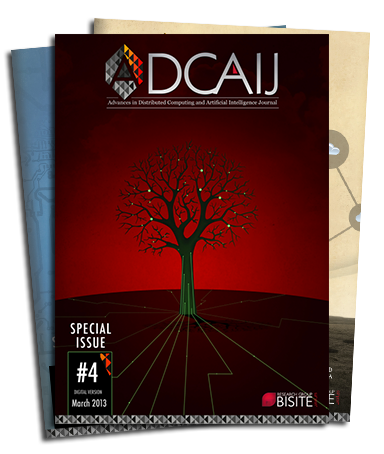The scientific initiative called 'Decision Economics' (also known by the acronym DECON) is home to an engaged and vibrant research community that fosters and prioritises the cross-fertilisation of ideas through cross-disciplinary collaborations in the synergistic creation of new knowledge and research potential within science and broader publics. Working alongside internationally recognised researchers and scientists, DECON’s research programmes accommodate a broad range of subjects, interests, and disciplines, and welcome a wide spectrum of approaches, methods, and ideas revolving around decision-making rationale. If one looks around carefully, indeed, one will see that decision-making—and its outcomes, i.e., decisions—is a fact of life, namely, is involved in everyday life and relations, not just in economics, but also in the inherent nature of humans, as well as in social norms and social phenomena. Thus, much of the research on Decision Economics has hitherto been based on the underlying decision-theoretic foundations of economic behaviour, modelling the logic of discovery in Peircean (i.e., anti-Popperian) retroductive modes, and dealing with causal inferences before any aggregation can be properly operated and any correlation analysis can be scientifically defended. Fundamentally, this is about algorithmic social science forming DECON’s disciplining criterion—whether normative or descriptive—with prominent methodological approaches generating a theoretical framework that emphasises the importance of factors within the cognitive, social, and evolutionary domains and their interactions. Problematising the interactions between these domains helps give insights into our contemporaneity and provides a novel way of bridging the so-called great divide between the artificial and social sciences on the one hand, and the natural sciences on the other (not to mention humanities and human ecology). Adherence to a more scientific and conscious approach and implementation of decision-making has been—and still is—the key within DECON.
Through all of these scales and their various shapes concerned, the current global health and economic crises—which adds to the preceding, unresolved so-called Great Recession—have led to the re-emergence of complex inner problems and tough ecological conditions for humankind and its ecologies, creating an even more uncertain and unstable environment for all, and placing increasing pressure on the ability to both make effective decisions in a timely fashion and plan for the future. Undoubtedly, despite the persistence of motivations to apply agents and multi-agent systems, and although the bulk of data processed and predictive technology integral to modern business operations and business-critical activities, nearly all knowledge-based organisations these days are dealing with a lot of uncertainty and the 'what if' scenarios, very often without even the cause and effect being known or understood. However, due to a growing recognition of empirical and theoretical developments of bounded rationality and how they relate to the complexity and uncertainty of the environment, even in light of the co-occurrence of inherent complexities of natural and social phenomena such as a global pandemic, the debate around decision-making, decision support systems, and the related capacity to decide has shifted in focus to become more mindful and productive, and more thoughtful in solving problems. In this regard, many DECON’s spontaneously formed research groups are multi-disciplinary and often involve collaborations with partners in industry, academia, research institutions, and government, producing a substantial body of research jointly conducted over the years, under the banner of intercultural dialogue and capacity building as well.
In light of the foregoing, the international community that goes by the name of DECON has fostered an increasing spirit of collaboration, inclusion, mutual understanding, and engagement for all as time goes by. Today, DECON is a non-profit, person-centered research community devoted to the aspiration to blending science into intellectual social responsibility, as well as to sharing research and development progress in the broad spectrum of topics covered—ranging from cognitive through evolutionary to social sciences—and in the range of research perspectives, namely, methodological, theoretical, computational, experimental, and empirical studies.
DECON was founded in 2015 at the initiative of Edgardo Bucciarelli, Shu-Heng Chen, and J. Manuel Corchado. Its mission is to advance understanding of the research in social and cognitive sciences in order to find answers to forward-looking scientific questions, with the main purpose to further research in directions that are of broad interest in the spirit of both the cognitive foundations of economics developed by Herbert A. Simon and the mathematical foundations of the kind of economic theorising underpinned by the work of Alan M. Turing.

"Implications of Synthetic Risk Transfer Securitization for Systemic Financial Stability" by Domenico Viola
"Enhancing Decision-Making in Space Instrument Design: A Data-Driven Approach to Balancing Performance and Economic Trade-Offs" by Igor Di Varano, and Shu Yuan
